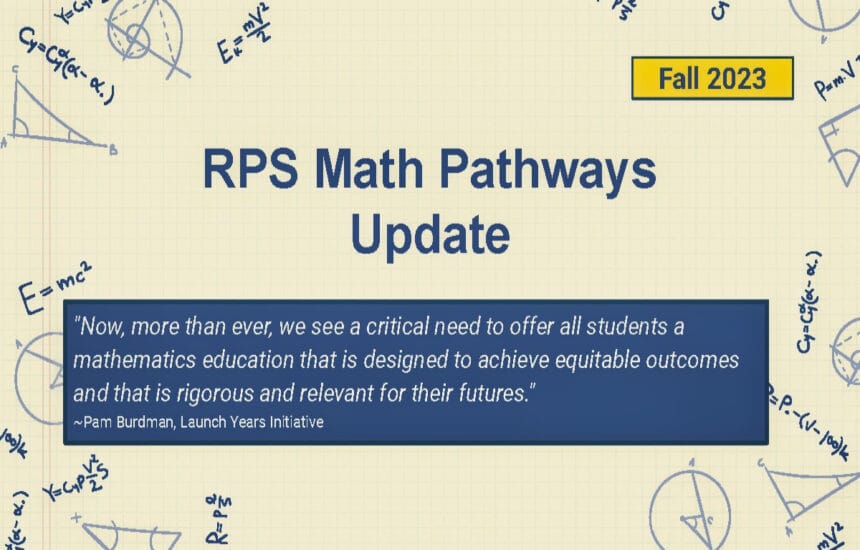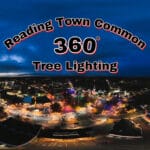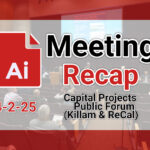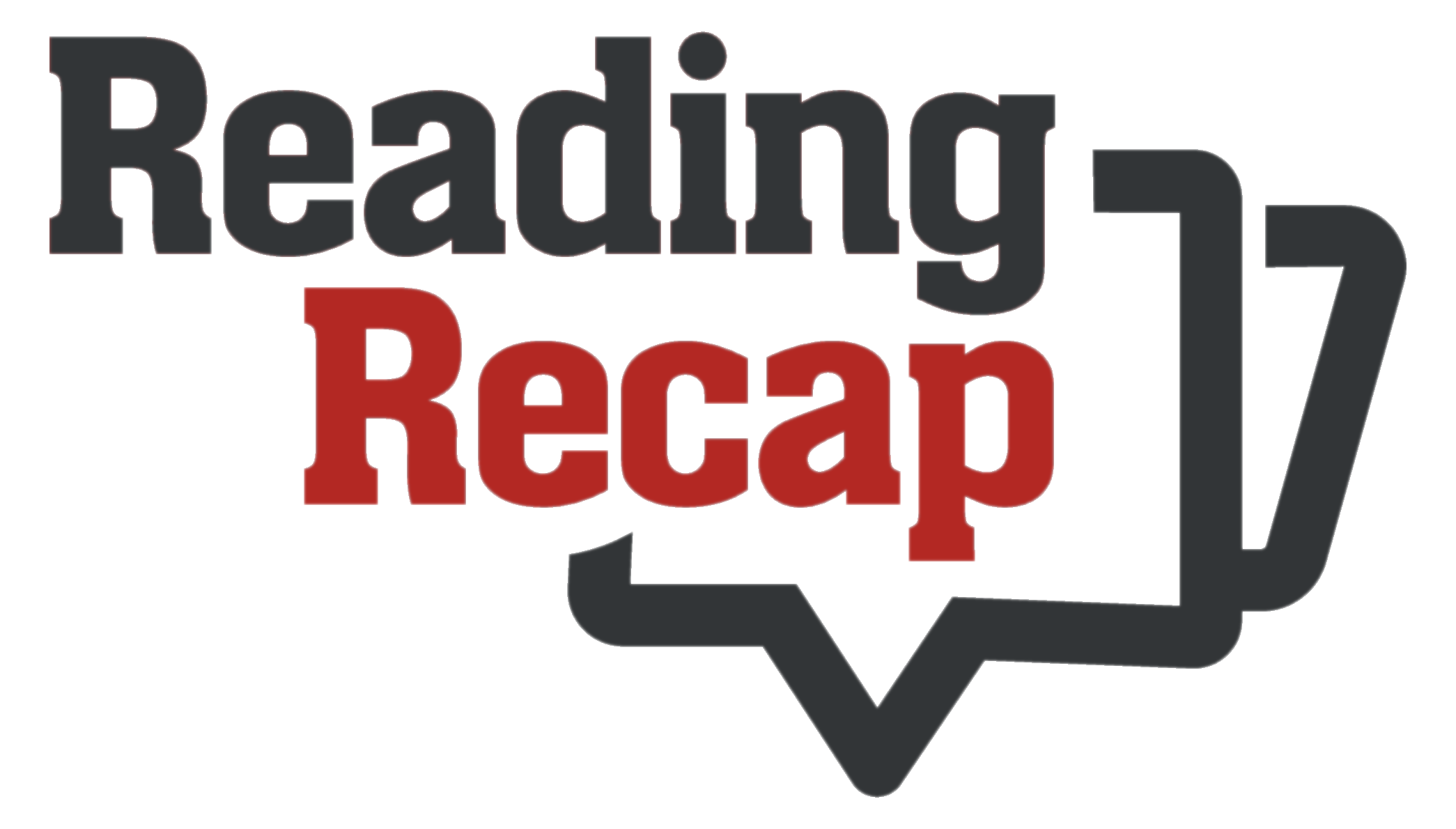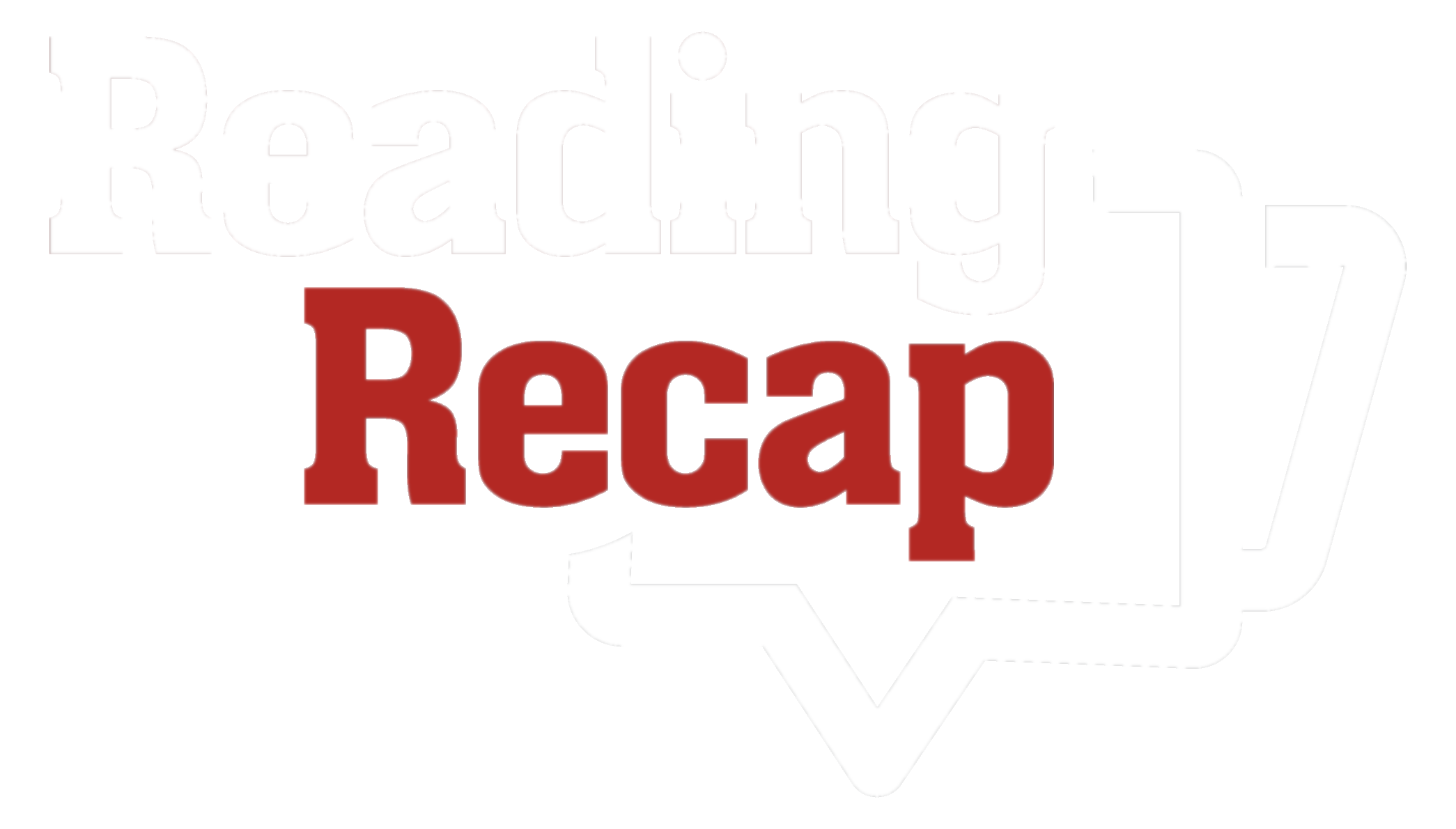The Reading School Committee (SC) of Reading Public Schools (RPS) is meeting on Thursday November 30, 2023. The meeting is being held at 7pm at the Reading Memorial High School (RMHS) library and will be broadcast by RCTV and will be accessible via zoom. Links to watch, the agenda and packet are posted below.
The packet is 105 pages long with the bulk being two presentations, one on the Learning Center Program Review (slides on pages 27-57) and the Math Pathways (slides on pages 58-105).
Learning Center Program Review
(p. 27-57 of packet)
There will be an extensive presentation on a program review of the learning center, as required by the state. Reading had 3rd party evaluators review this program. The goals of program reviews are to:
- Develop and calibrate the strengths and weaknesses of our programming from an outside perspective
- Ensure evidence-based practices and action steps to inform us of strategies, systems and staffing to improve student outcomes
- Consistency within and across systems and practices to impact student outcomes
- Create clear, measurable, transparent outcomes
- Provide clear reports on progress and next steps
The evaluations included observations, document review, interviews with administration, staff, and families, as well as drafting full report and executive summary.
There is too much information for this writeup to provide in detail, but some overarching themes clearly emerge from the review as things the district is doing well and things the district should improve.
The reviewers commended the district’s work in training special education staff, developing a transparent and collaborative working relationship with families, having paraprofessionals work effectively in general education classrooms, and providing math and ELA curriculum.
Key findings include that there is a lack of consistent tier 2 instruction (interestingly, this was a similar entry finding by the previous RMHS principal when he joined RMHS). For background, tier 1 instruction is the general core instruction given universally to all students, whereas tier 2 instruction is targeted instruction given to support a specific skill gap. Tier 2 instruction often is delivered as small group intervention to students with a common need in academics or SEBL (Social Emotional Behavior Learning). Tier 3 instruction is even more intensive instruction than tier 2, and can involve daily one on one tutoring, for example.
It appears that lack of tier 2 supports has increased special education referrals. Per slide at p. 44, “If Tier 1 and Tier 2 supports are done with fidelity, there should be a reduction in referrals for special education services. During interviews, staff indicated that special education was often the only option for additional support because of the lack of Tier 2 supports.” [emphasis added]
Another issue that came across in the slides is that the learning center sometimes is being used as a type of homework center, instead of a place for targeted support so that students can access the general curriculum. The slides include recommendations to this effect, such as:
- “There needs to be a shift from the purpose being to complete homework or classwork to the intent of special education which is to directly teach a skill so that the students can access the general education curriculum. “ (slide 45)
- “There needs to be a discussion between special education staff, general education staff and parents about the balance of assisting the student vs. trying to get a good grade on the test” (slide 47)
- “If the students have mastered the goals in their IEP and are independent in the general educational classroom, they should not need the services from the Learning Center staff. It is important that IEPs do not continue to support students with test taking and homework as a guided study hall. That is a general education service.” (slide 49)
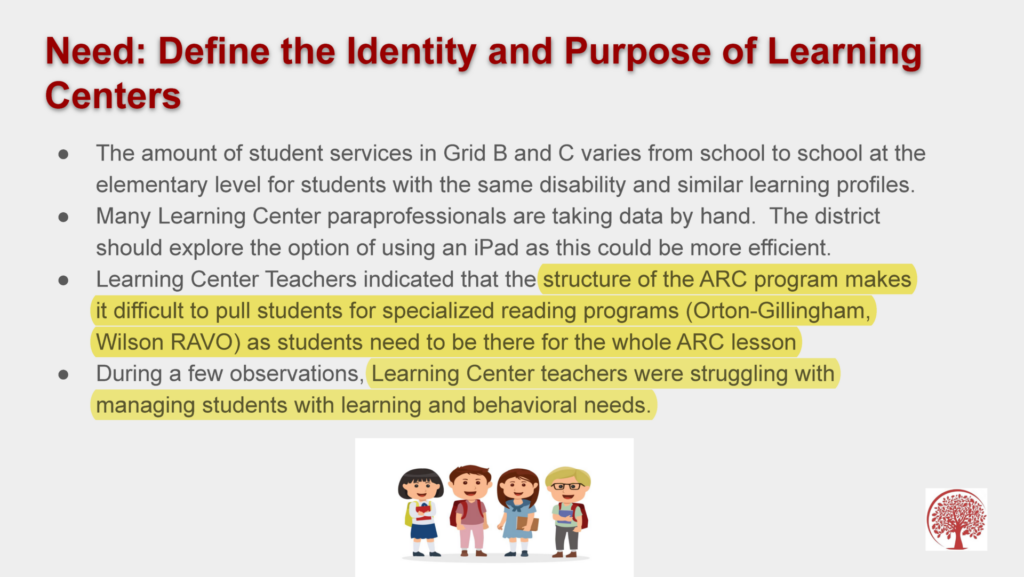
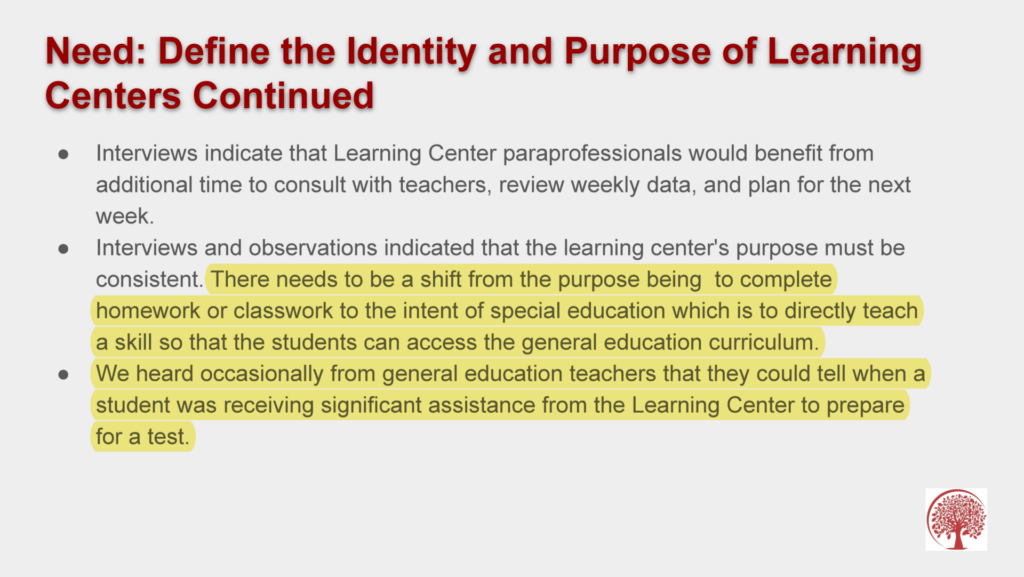
The slides also recommend teaching executive function skills to ALL general education students.
Math Pathways Update
(p. 57-105)
This presentation reviews the findings and recommendations of the RPS Math Pathways committee (MPC), which conducted research and reviewed pathways and data in RPS, with a focus on gr. 6-12. A “Math Pathway” refers to a series of courses in which courses build upon the content of previous courses, such as Algebra I, then Geometry, then Algebra II, then Precalculus, then Calculus. The MPC used research, data, and MA DESE recommendations to:
- Examine the impact of middle school course placements determining the future ceilings of students within advanced math courses
- Evaluate the discrepancy between student enrollment in advanced math courses vs. school demographics
- Explore options for more advanced math course choices and interest-based options for juniors/seniors
- Increase opportunities for accessing various math courses
Their research on math pathways showed that High schools are trying to fit 4 years of math into 3 years to make room for calculus, but that there is no perfect way to do this without tradeoffs. There is no consistent opinion in the mathematics field about how and whether to accelerate in math. In addition, even if a college says that calculus is not required, some colleges look favorably on high school transcripts showing a student has taken calculus. In reviewing sample pathways used elsewhere, they found that other school districts can provide other types of math options and courses (e.g., “medical math”), but “there were concerns that such courses didn’t prepare students for post-secondary math coursework” (slide 76).
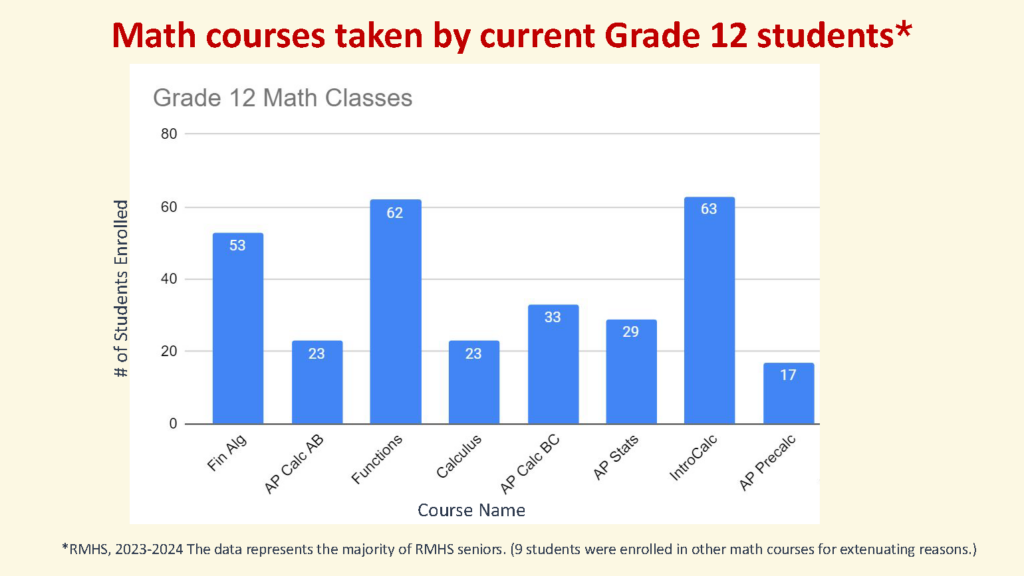
Another observation I have is that, per this chart, 54.7% of the students in financial algebra, are students with disabilities. I had thought past RPS administration had indicated that, any class with more than 50% students with disabilities in it, might be viewed a substantially separate classroom by MA DESE, which might present an issue if a student’s IEP requires that they not be in a substantially separate classroom. Perhaps that concern is not applicable to this course.
Based on review of the existing math pathways (shown on p., 83 and 84) and on this data, the MPC developed the following recommendations and strategies (significantly more detail is shown on p. 89-96 – I am just inserting a few highlights
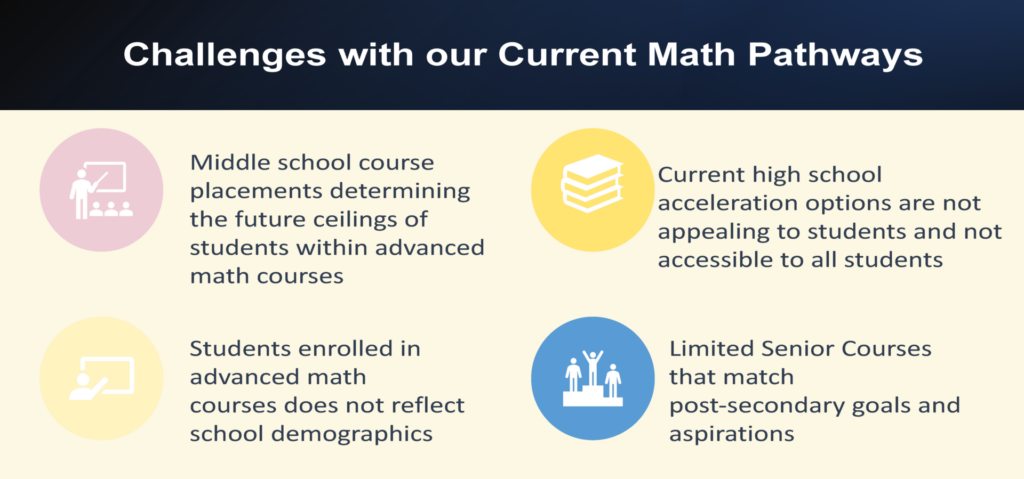
- Improve Systems and Structure that Support Student Success in Math
- At the middle school level, increase the time students spend in math class or engaged in math learning and practice
- Initiate a Middle School Math Curriculum review for grades 7 and 8
- Re-establish a Math Lab at RMHS to provide students with drop in help for math
- Increase Options for Middle School Acceleration in Math
- As part of the selection process for grade 7 acceleration, establish a score range below the typical cut off and for those students talk directly with the students and families about acceleration experiences and allow the students and families to decide
- Explore an alternative acceleration point in 8th grade to replace or supplement the current option (summer work with end of summer assessment) [NOTE – The current acceleration option of summer work paired with an assessment, creates inequitable access, requiring outside tutoring by families)
- Refine Grade 12 Course Selection for On-Grade Pathway
- Change course offering CP Introduction to Calculus to be a course offering of CP Precalculus (there is s no option for students who start the year in AP Precalculus and decide to “drop down”)
- Change course offering of CP Functions, Statistics, and Trigonometry to course offering of CP Statistics and Trigonometry to “better meet the needs of students who desire a course after Algebra 2 but will benefit from an introductory statistics course, such as humanities majors” (p. 92)
- Improve Supports for Current Acceleration Points in High School
- Offer a Summer Geometry Course at RMHS for students who want to accelerate in grade 10 (per p. 93, “In its present form, students enroll in pre-approved summer Geometry courses offered outside of RPS and the option is only utilized by a small number of students” – anecdotally I have heard from parents who attempted to pursue this option that finding approved summer geometry courses that would accept RPS students was nearly impossible, hence the low number of students)
- Explore an integrated path that condenses Algebra I, Geometry and Algebra II into 2 years (p. 93 states that “A full year of geometry may not be required for some advanced math students”)
- Intentionally Support Students with Disabilities, Students of Color and Hispanic Students Along the Math Pathway
- At each acceleration point, look for students in demographic groups that don’t typically accelerate who might be able to be pushed and pair those students with additional resources supporting acceleration. A working group will be formed to identify supports and systems for implementing those supports.
- Explore a Partnership with the Calculus Project (which provides support and mentorship to help increase number of students of color and low-income students taking AP or accelerated math courses)
- Improve Communication about Math Pathways with Students and Families
- At the middle school level, include an evening event (hybrid and recorded) for families to learn about the math pathway and the options available to students throughout their middle school and high school years
- Include information about how pathways support varied college and career paths
This presentation seems to provide a solid start in recommendations for meaningful improvements in the math pathways. Further, some of the recommendations appear to have little to no cost, such as having extra parent information sessions, lowering the threshold to move to an accelerated math pathway, and changing math course topics and/or replacing one math course with another math course, in the path.
However, any recommendation referring to adding extra “supports,” partnering with outside groups, running summer courses, or adding in any option that requires new staff support and time, would seem to involve or require additional costs, whether via reallocation of existing school budget, grants (which may not be sustainable long term), or seeking additional budget funding.
In addition, equitable access to summer classes also could require additional busing for students on IEPs and/or METCO students, and this added cost may not be covered by the existing budget or existing grants (e.g., the METCO grant). Hopefully, ways of funding these improvements also should be part of a future discussion.
The SC meeting will end with an executive session relating to collective bargaining.
How to watch this meeting
The RCTV YouTube live stream link is here: https://www.youtube.com/watch?v=wx4R0wml-n0
You can also watch via Xfinity channel 6 (“local 3”) or Verizon channel 32.
In addition, you can join the meeting (or watch) via the Zoom link here:
https://readingpsma.zoom.us/j/84806346892
Meeting ID: 848 0634 6892


